Course intro
2024-08-26 Mon
Prelude
Overview
Announcements
Today
- Introduction to the course
- Why trust science?
- Oreskes (2019)
Introduction to the course
People
- Rick Gilmore, Professor of Psychology



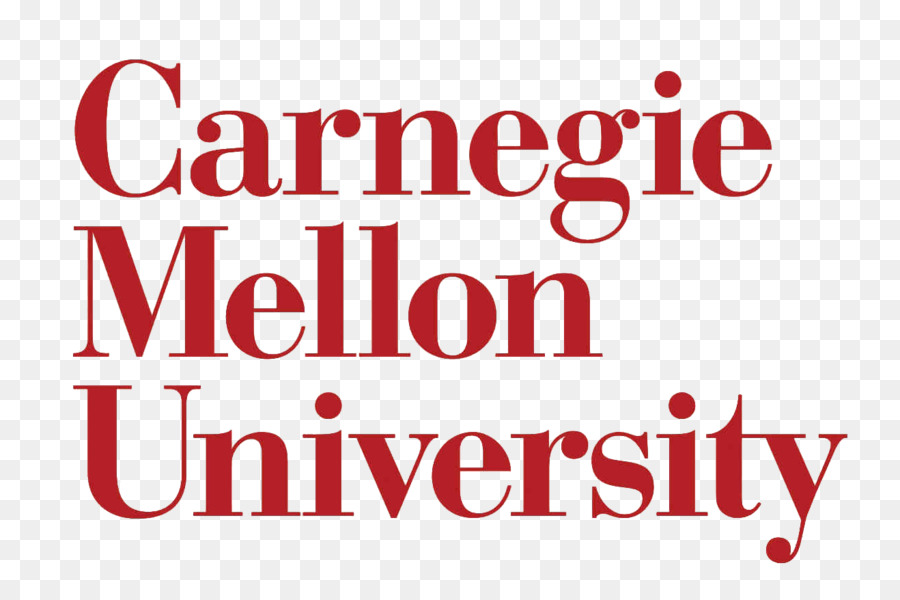
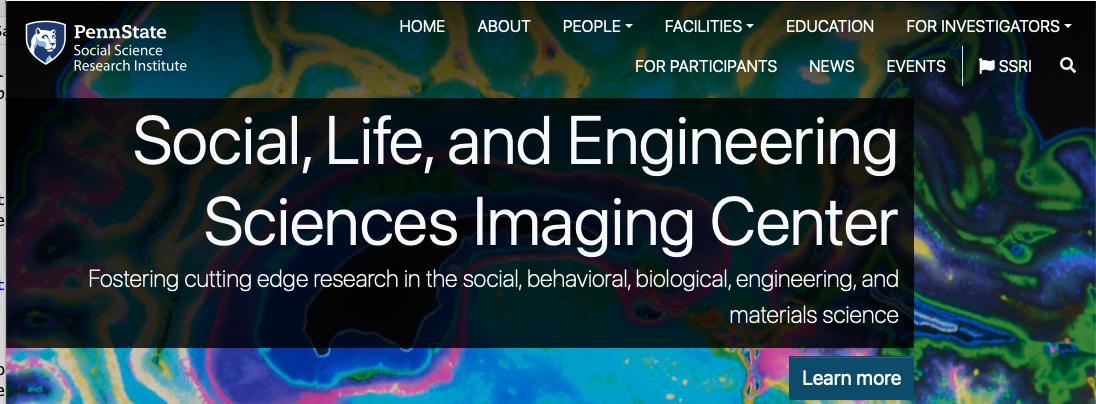


Purpose & goals
- Evaluate the methods and values of scientific research
- Determine how well these methods and values yield reliable, robust findings
- Evaluate the reproducibility of findings in psychological science
- Understand what specific changes in practices are associated with open science
Themes & topics
- What is science trying to do?
- What practices and norms constitute better science?
- What practices and norms constitute poorer science?
- Is there a crisis of reproducibility or replicability in psychological science?
- Is there a crisis in other areas of science?
- What are scientists doing to address these criticisms?
Schedule
https://psu-psychology.github.io/psych-490-reproducibility-2024-fall/schedule.html
Exercises & evaluation
- Exercises
- 8 @ 10 pts/each
- Top 4 count
- Others count toward partial extra credit up to 10 pts
- Attendance (up to 40 points)
- Final project (40 points)
Resources
- This site: https://psu-psychology.github.io/psych-490-reproducibility-2024-fall/
- University Library
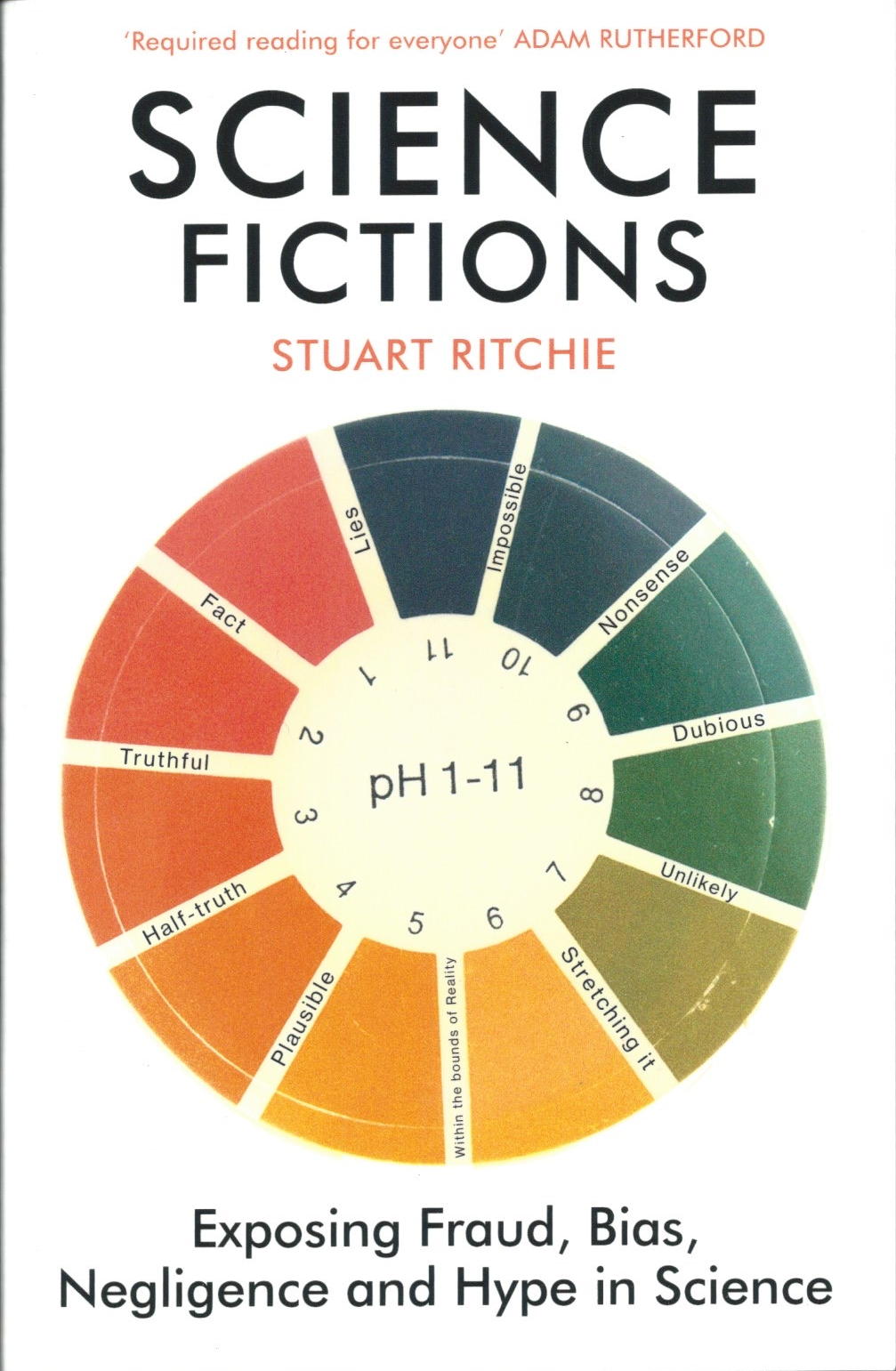
- Articles
- Retrieve them yourself via the URL (uniform resource locator) and the DOI (digital object identifier).
- Why do I do this?
Structure
- Meet 3x weekly
- Monday & Wednesday: lecture + discussion
- Most Fridays: Work sessions
- Do your homework; I will call on you.
Culture & climate
- Creating a community of inquiry
- Encouraging vigorous & constructive criticism
- Criticism of work/ideas/behaviors vs. people
- ‘Smith thinks that pigs can fly.’
- ‘Smith is an idiot.’
- ‘Smith tried to demonstrate that pigs can fly by tossing a few off the roof of Old Main. That’s nonsense and made a huge mess.’
Why trust science?
What is science?
Robert Merton
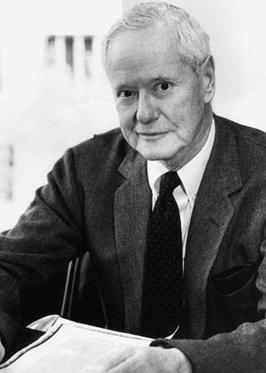
What is science, really?
- a stock of accumulated knowledge (facts & findings)
- a set of characteristic methods
- a set of cultural values Merton (1973), p. 268
Why trust or (mis)trust science?
“To say that a theory or hypothesis was accepted on the basis of objective methods does not entitle us to say it is true but rather that it reflects the critically achieved consensus of the scientific community. [And] it’s not clear we should hope for anything better.”
Oreskes (2019)
- “Sustained engagement with the world”
- “Social character”
Digging deeper
- Why is “sustained engagement” important?
- What does the “social character” of science contribute?
Trust in science
“We trust too much in science and not enough in religious faith.”
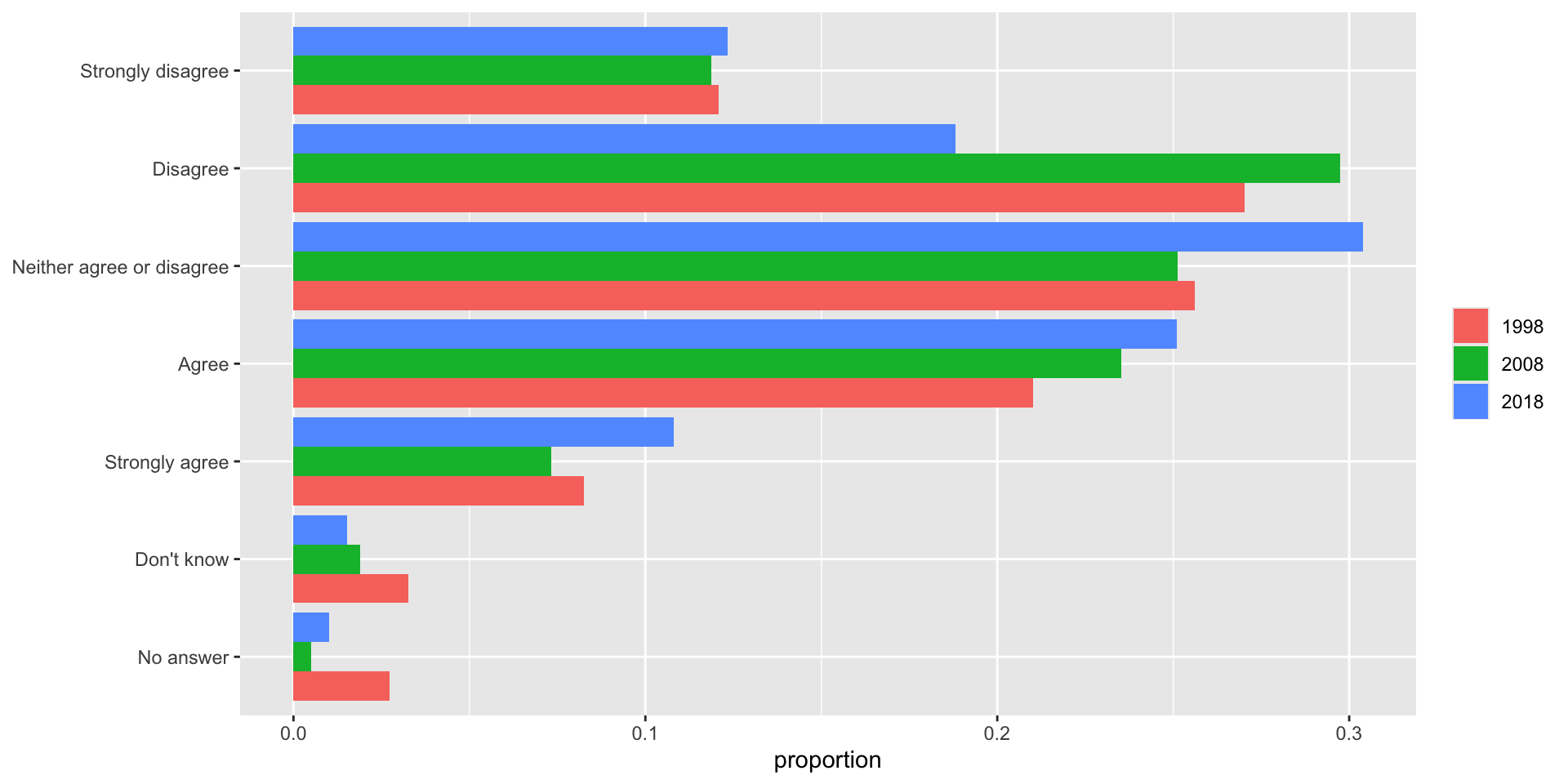
Figure 1: NORC survey results: ‘We trust too much in science and not enough in religious faith.’
Who trusts or distrusts science?
The results showed that political conservatism, religiousness, conspiracy ideation, and openness to experience significantly contributed to trust in science, while education did not…
Plohl & Musil (2023)
Who trusts or distrusts science?
…Furthermore, after controlling for these factors, an aspect of intellectual humility, openness to revising one’s viewpoint, emerged as one of the key predictors of trust in science.
Plohl & Musil (2023)
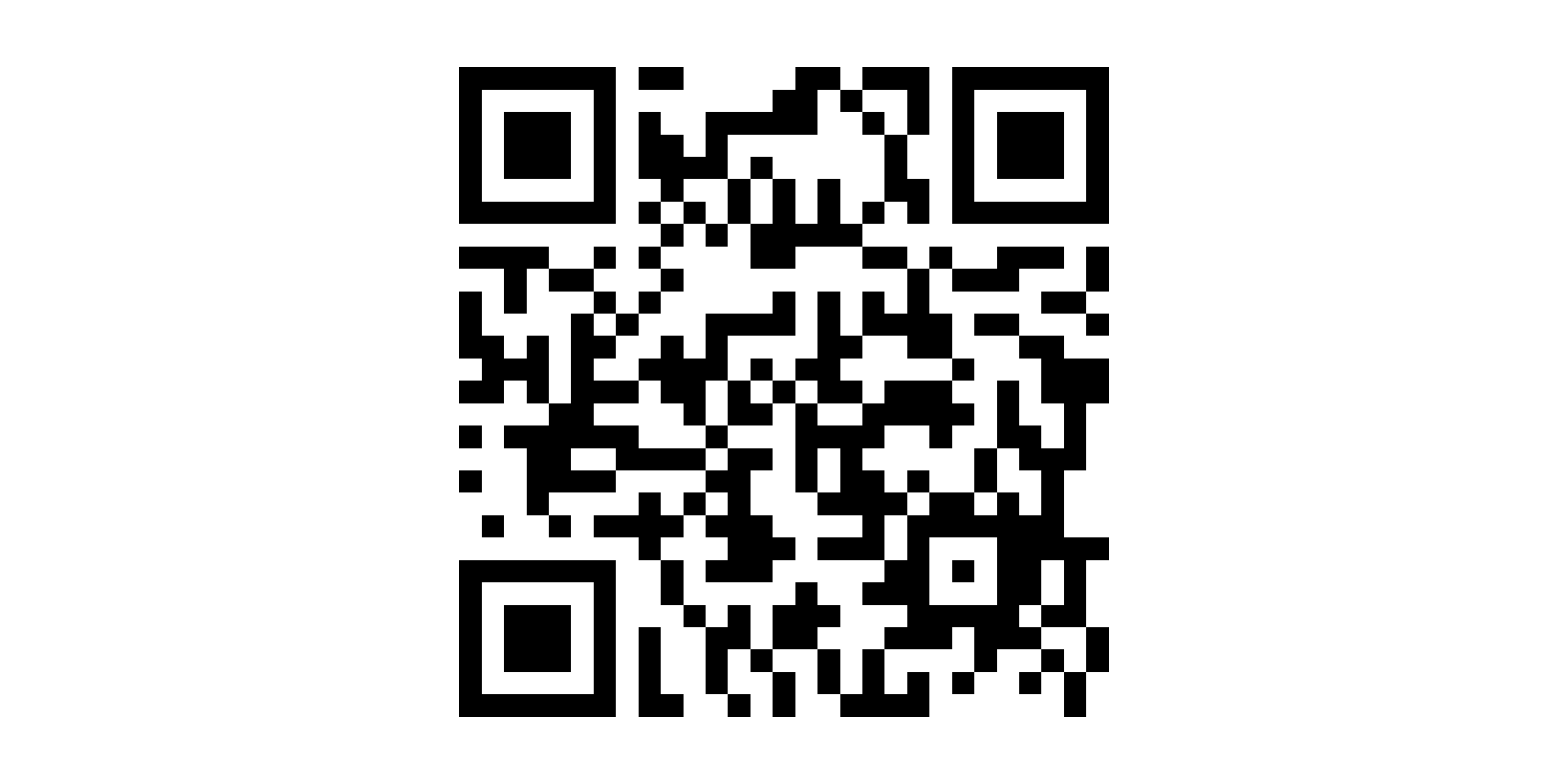
Figure 2: Optional anonymous extra credit survey: https://forms.gle/7TEnaHWjKKLF6txy6
The more I learn, the more I realize how much I don’t know.
– Albert Einstein
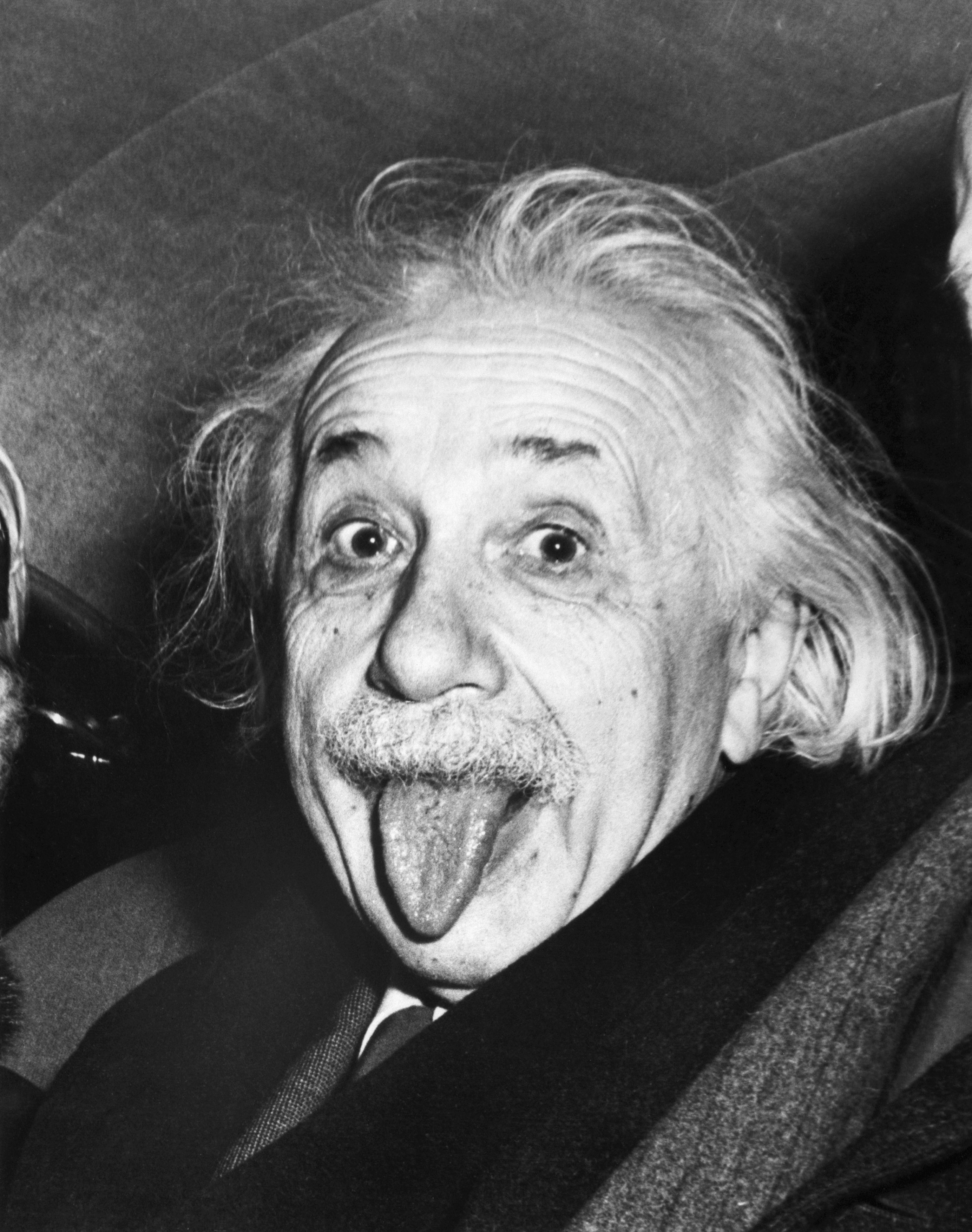
Why should we care who trusts science & why they do or don’t?

Trust, but verify
Russian Proverb, Wikipedia
Next time
Don’t Fool Yourself
- Read
- Sagan (1996), Chapter 12, The Fine Art of Baloney Detection. PDF on Canvas
Resources
This talk was produced using Quarto, using the RStudio Integrated Development Environment (IDE) version 2024.4.2.764.
The source files are in R and R Markdown, then rendered to HTML using the revealJS framework.
